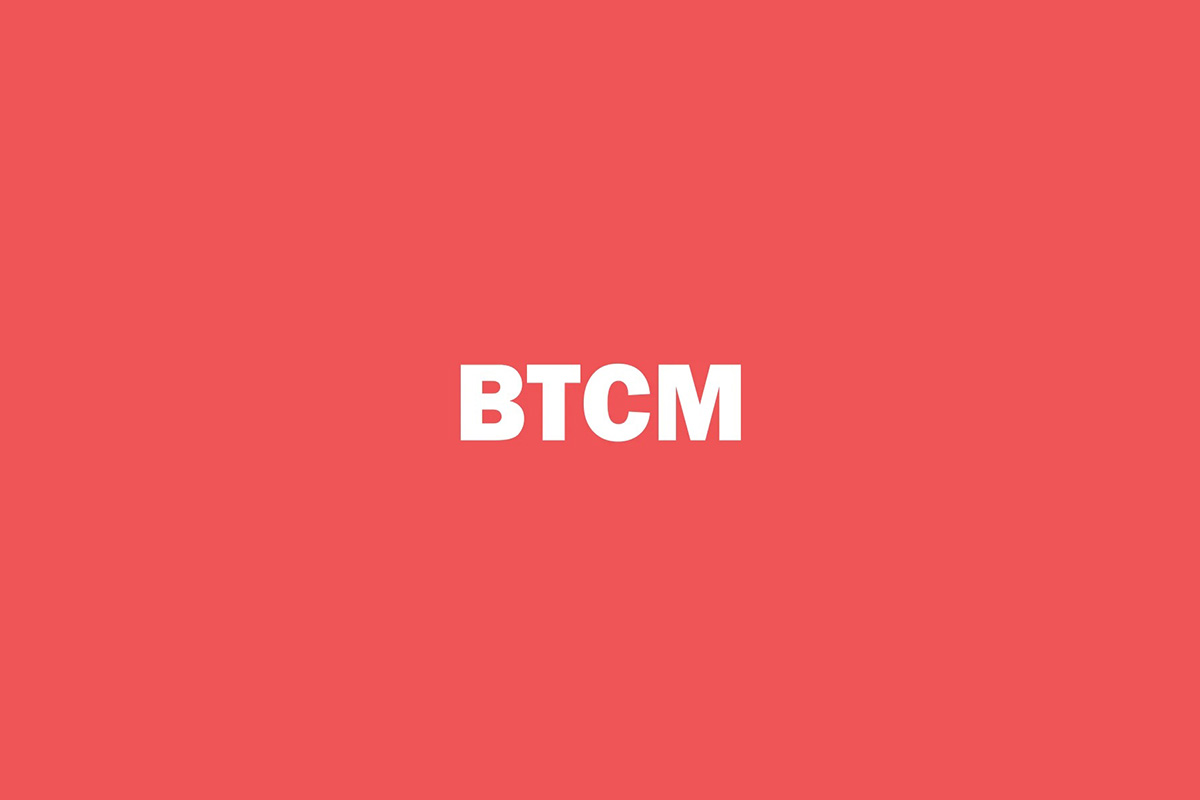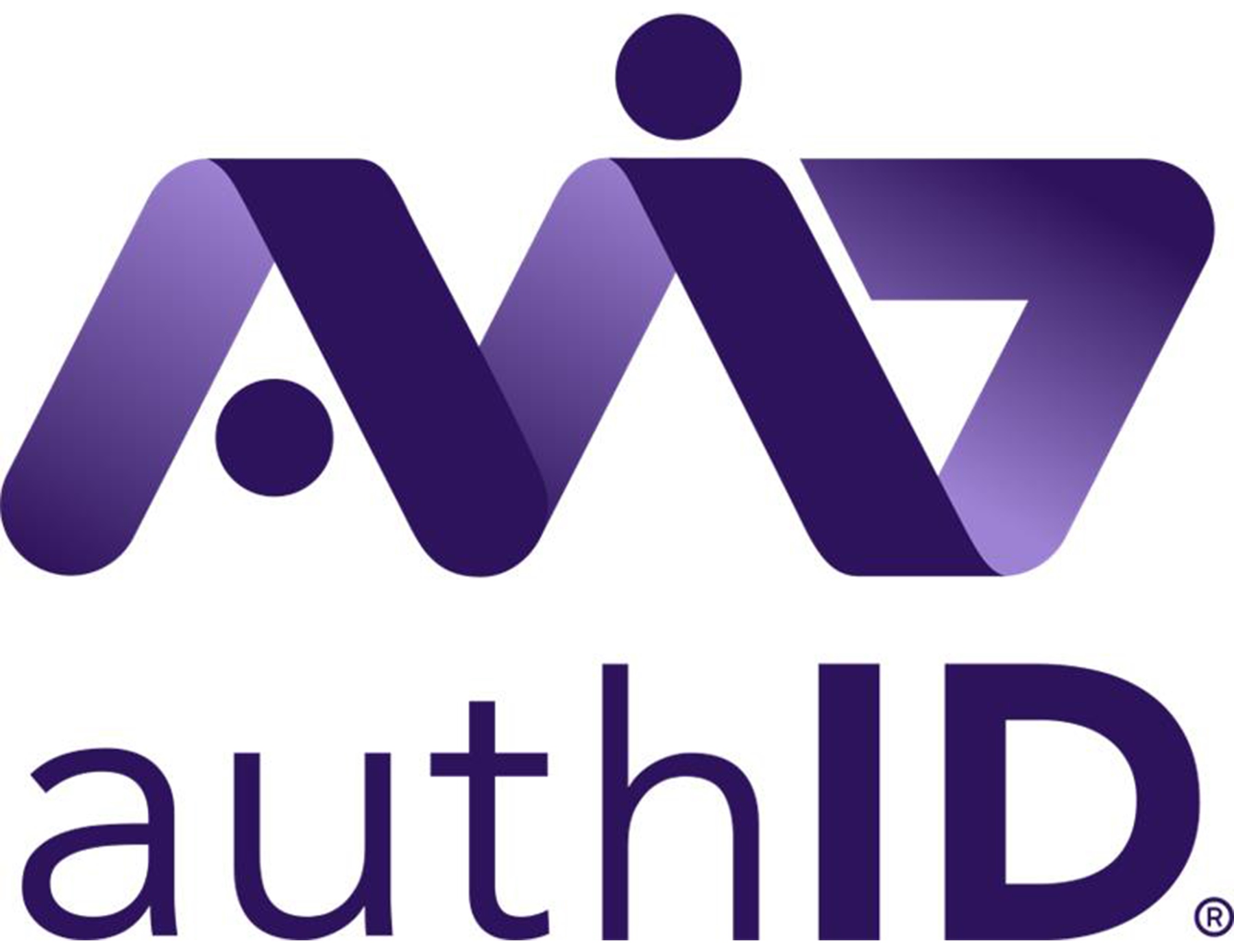Blockchain
BIT Mining Announces Commitment to Litecoin (LTC) and Dogecoin (DOGE) Mining, Bringing Increased Profitability

BIT Mining Limited (NYSE: BTCM) (“BIT Mining” or the “Company”), a leading technology-driven cryptocurrency mining company, today announced the Company’s continued commitment to self-mining Litecoin (LTC) and Dogecoin (DOGE) alongside Bitcoin (BTC) mining and its data center hosting businesses. As other crypto miners look to diversify revenue streams in a post-halving environment, the Company’s expansion into Litecoin (LTC) and Dogecoin (DOGE) has proved to be nearly three times more profitable than mining BTC alone.
“At BIT Mining, we believe our cutting-edge technology and forward-thinking strategy uniquely position us to adapt to market shifts and seize new opportunities,” commented Xianfeng Yang, CEO of BIT Mining. “By combining innovation with agility, we are enhancing our competitive edge and creating value for our stakeholders. As the cryptocurrency market continues to evolve, we are ready to grow alongside it, leveraging our strengths for long-term success.”
As of November 27, 2024, the Company has mined 84,485.42 LTC and 227,908,250.38 DOGE since it started the LTC and DOGE self-mining business. With over 5,552 active LTC/DOGE/BEL mining machines (capable of mining three coins at the same time, BEL coin is newer and relatively more volatile) delivering a combined hash rate of 18.94 TH/s, the Company currently represents 1.32% of the total global network hash rate in LTC/DOGE/BEL, as one of the largest participants.
BIT Mining’s commitment to Litecoin (LTC) and Dogecoin (DOGE) is a major strategic action following the Company’s 2021 acquisition of Bee Computing, a semiconductor company dedicated to blockchain hardware design and development. Since the acquisition, the Company has launched power-efficient LD3 miners, one of a few cutting-edge machines that delivers highly cost-effective performance while offering the shortest payback period for LTC/DOGE/BEL mining, increasing profitability and solidifying its position as a market leader. Beyond many years of chip design knowledge accumulation, and three years of dedicated efforts developing crypto miners, the success of LD3 has proven BIT Mining’s forward planning and long-term devotion to blockchain technology, where miners stand firmly in the foundational base to validate and support the whole ecosystem.
“The recent rally in Litecoin and Dogecoin, fueled in part by Elon Musk’s influence and the changing regulatory landscape in the US after the Trump win, has had a major impact on mining profitability,” noted Dr. Youwei Yang, Chief Economist and VP of Mining at BIT Mining. “Ongoing advancements in blockchain technology, particularly in network interoperability, are fueling optimism in the crypto market, with Dogecoin and Litecoin gaining significant momentum. Many analysts predict this upward trend will continue through 2025, reflecting confidence in DOGE’s potential and the broader growth of the cryptocurrency industry.”
Having recently announced an expansion into Ethiopia, the Company continues to be at the forefront of industry and technology innovation, securing premium mining and data center resources while building strong international partnerships. With a renewed focus on mining machine development, self-operated mining, and data center operations, the Company is well positioned to thrive in the rapidly evolving crypto environment.
To learn more about BIT Mining, visit www.btcm.group.
The post BIT Mining Announces Commitment to Litecoin (LTC) and Dogecoin (DOGE) Mining, Bringing Increased Profitability appeared first on News, Events, Advertising Options.
Blockchain
authID Reports Financial and Operating Results for the First Quarter Ended March 31, 2025
Blockchain
Blockchain Futurist Conference Releases Final Schedule
Blockchain
U.S. Factoring Services Market Analysis by Product, Technology, Grade, Application and End-user (2019-2032) – Next-Gen Technologies Drive Surge in Alternative Financing Access for SMEs
-
Blockchain7 days ago
Colb Asset SA Raises $7.3 Million in Oversubscribed Round to Bring Pre-IPO Giants to Blockchain
-

 Blockchain Press Releases6 days ago
Blockchain Press Releases6 days agoHTX and Justin Sun Launch $6M Mars Program Special Edition, Offering One User a Historic Space Journey
-

 Blockchain5 days ago
Blockchain5 days agoBitget Blockchain4Youth sostiene l’innovazione del Web3 e dell’IA all’hackathon “Build with AI” di Google Developer Group
-

 Blockchain5 days ago
Blockchain5 days agoBlocks & Headlines: Today in Blockchain – May 9, 2025 | Robinhood, Solana, Tether, China, Women in Web3
-

 Blockchain Press Releases5 days ago
Blockchain Press Releases5 days agoBybit Surpasses 70 Million Users, Reinforces Commitment to Transparency and Institutional Growth
-

 Blockchain6 days ago
Blockchain6 days agoBlocks & Headlines: Today in Blockchain – May 7, 2025 | Coinbase, Riot Games, Curve DAO, Litecoin, AR.IO
-

 Blockchain7 days ago
Blockchain7 days agoFlipido Trading Center Launches ‘Flipido Learn’ Platform to Empower Crypto Investors Through Education
-

 Blockchain Press Releases6 days ago
Blockchain Press Releases6 days agoMEXC Lists USD1, Accelerating Global Stablecoin Innovation with World Liberty Financial































